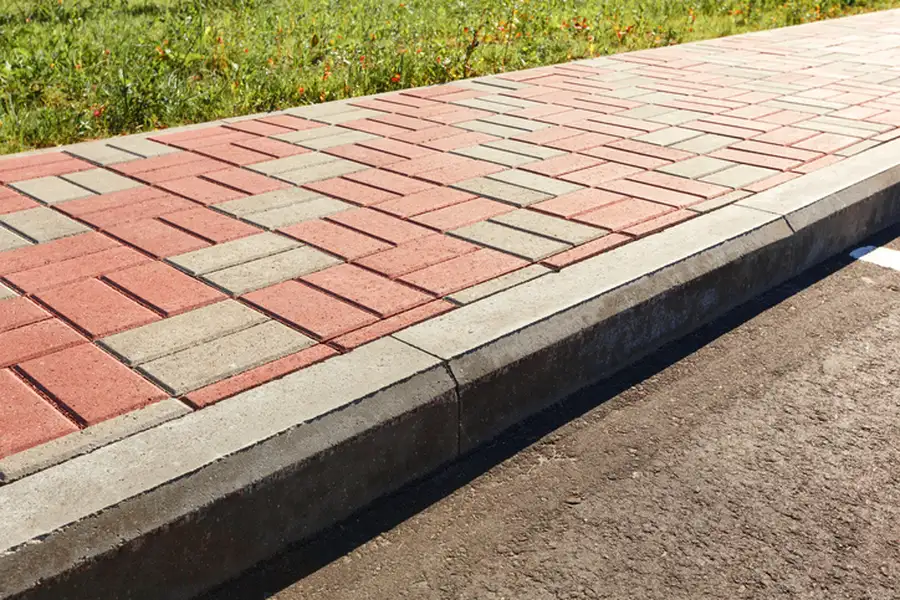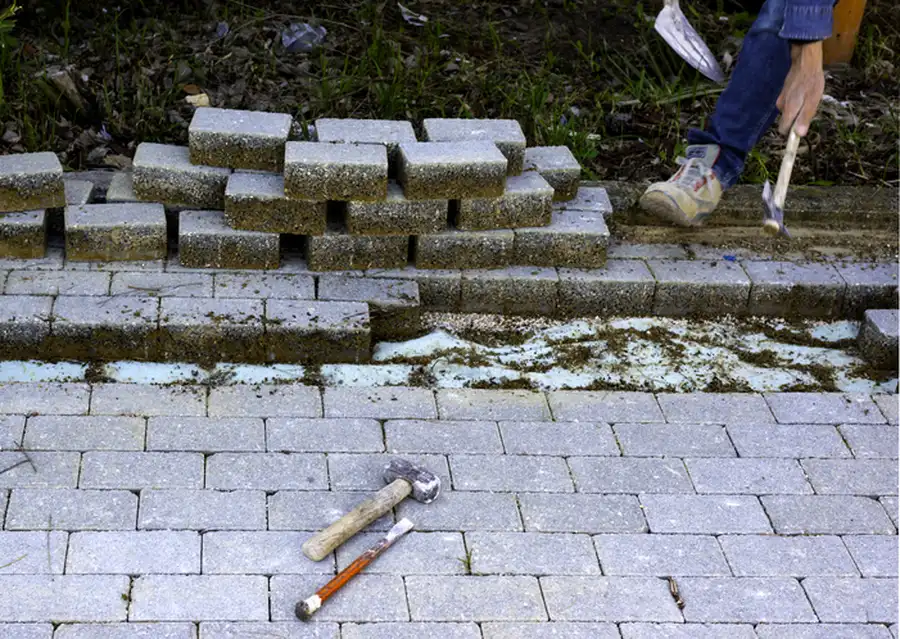Key Points to Consider Before Selecting Driveway Materials
Choosing the right materials for your driveway is important. The material you select affects its appearance, durability, and maintenance needs. Many homeowners want a driveway that looks great and lasts long. By understanding different materials, you can make an informed decision and find what best suits your needs.

Understanding Your Options
There are several materials to choose from when planning a new driveway. Each has unique benefits and drawbacks. It’s crucial to consider these factors before starting your driveway installation project. Common options include concrete, asphalt, gravel, brick, and pavers. Each type offers distinct characteristics that might be more suitable depending on your priorities and budget.
Concrete: A Long-Lasting Option
Concrete driveways are popular due to their durability and low maintenance. They can withstand heavy loads and extreme weather conditions, making them ideal for many homes. When choosing concrete for your driveway installation, remember that it requires proper sealing to prevent cracking over time. You can also customize concrete with various finishes and colors to enhance curb appeal.

Asphalt: Cost-Effective and Quick to Install
Asphalt is another common choice for driveways because it’s affordable and easy to install. It provides a smooth surface that’s ideal for colder climates as it quickly absorbs heat. However, asphalt might require frequent resealing and maintenance to prevent cracks and potholes.
Gravel: Affordable but High Maintenance
If you’re considering a budget-friendly option, gravel could be the answer. It’s one of the most affordable materials available for driveways. Gravel is easy to install but requires regular upkeep to maintain its appearance. Rain can cause ruts, so periodic levelling is essential.
Pavers: Stylish and Versatile
Pavers offer a stylish and customizable option for homeowners who prioritize aesthetics. Available in numerous shapes, sizes, and colors, they allow for creative designs. Paver driveways can be costly compared to other materials, but they’re durable and easy to repair if a section gets damaged.
Brick: Classic Look With Modern Durability
A brick driveway gives a classic look that never goes out of style. Despite being more expensive upfront, bricks are known for their longevity and strength. This option may require more maintenance than others, especially in terms of keeping weeds at bay between the bricks.
Practical Tips for Choosing Driveway Materials
- Consider your climate; some materials fare better in certain weather conditions.
- Think about how much weight your driveway will need to support.
- Evaluate your willingness to commit to ongoing maintenance.
- Set a realistic budget based on initial costs and future expenses.
- Factor in aesthetic preferences-choose what enhances your home’s look.
The Impact of Local Regulations
Before selecting materials, check local regulations or homeowner association rules regarding driveway installations. Some areas have specific guidelines about the types of materials allowed. Understanding these requirements beforehand can save you time and potential fines down the line.
Comparing Costs of Different Materials
The cost of driveway materials can vary widely. Concrete and asphalt are typically more affordable than pavers or brick but may come with higher maintenance costs over time. Consider not only the initial price but also the long-term investment you’re willing to make in maintaining the driveway’s condition.
Your Next Steps for a Successful Installation
Selecting the right material involves weighing pros and cons, considering both immediate needs and future implications. At Atlas Precision Concrete, we provide expert guidance tailored to Covington, GA residents’ unique requirements. Reach out today at (770) 314-4411 for personalized advice on making the best choice for your home improvement project.